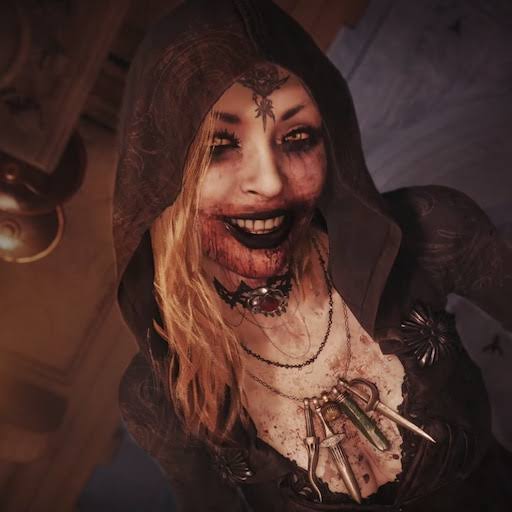Perhaps the most defining feature of Tekla's character is her deep philosophical engagement, particularly concerning consciousness, identity, and free will. In a world where fascism has conquered the globe and human life is cheap, Tekla's conversations with B.J. Blazkowicz offer a jarring yet thought-provoking contrast to the pervasive violence. These discussions are not merely incidental; they are integral to her character and provide some of the game's most memorable, albeit unsettling, moments. Tekla's worldview is rooted in a deterministic, materialist perspective. She believes that all phenomena in the physical world, including human consciousness, follow the simple rule of cause and effect. She argues that the brain is a "biological computational device" and consciousness is merely an "emergent property" of its electrochemical processes. This leads her to some truly unsettling conclusions: * The Nature of Identity: Tekla provocatively suggests that when consciousness is lost, such as during sleep or a knockout, the "person dies." When consciousness re-emerges, it is "simply a new person," an "impostor inheriting the body and brain from the previous, now dead, inhabitant". This idea challenges the very notion of continuous personal identity, suggesting that "you" from one moment to the next might not be the same "you" in a fundamental, conscious sense. It's a chilling thought, especially for a player embodying B.J., who has endured immense trauma and long periods of unconsciousness. * The Illusion of Free Will: Consistent with her materialist viewpoint, Tekla dismisses the concept of free will. She asserts that if one knows the causes, one can predict the effects, and the human brain is no exception. "You cannot go to war against physics," she tells B.J., implying that human choices are merely the inevitable outcomes of underlying physical processes. This fatalistic outlook stands in stark contrast to B.J.'s relentless fight for freedom and choice in a world that seeks to deny it. These conversations are not just abstract philosophical debates; they are deeply personal for B.J., who often struggles to comprehend Tekla's rapid-fire deductions and unsettling conclusions. His reactions, often bewildered or dismissive, highlight the human struggle to reconcile our intuitive sense of self and agency with a purely deterministic, scientific explanation. For the player, these moments serve as intellectual palate cleansers, forcing a momentary pause from the relentless action to ponder the deeper implications of existence in a world gone mad. Anecdotally, I recall my first playthrough of The New Order and stumbling upon Tekla's dialogues. After hours of visceral combat and narrative urgency, her calm, almost detached analysis of consciousness felt like being dropped into a philosophy seminar in the middle of a war zone. It was jarring, yes, but profoundly memorable. It forced me to consider B.J.'s experiences—his 14-year coma, his moments of near-death—through a new, unsettling lens. Was the B.J. I was playing truly the same B.J. from the prologue, or merely an "impostor" inheriting his memories? Such questions are rarely posed with such directness in first-person shooters, and it’s a testament to MachineGames' writing that Tekla Wolfenstein facilitates such introspection. Her discussions are rooted in concepts like materialism and physicalism, but with a unique twist of "super-fragile continuous emergent essentialism," as one analysis put it. This means that while consciousness emerges from the physical brain, its continuity is tenuous, easily broken, leading to a new "self." This intellectual depth, coupled with the raw, brutal setting of Wolfenstein, creates a compelling dynamic that elevates the game beyond a simple shooter.



